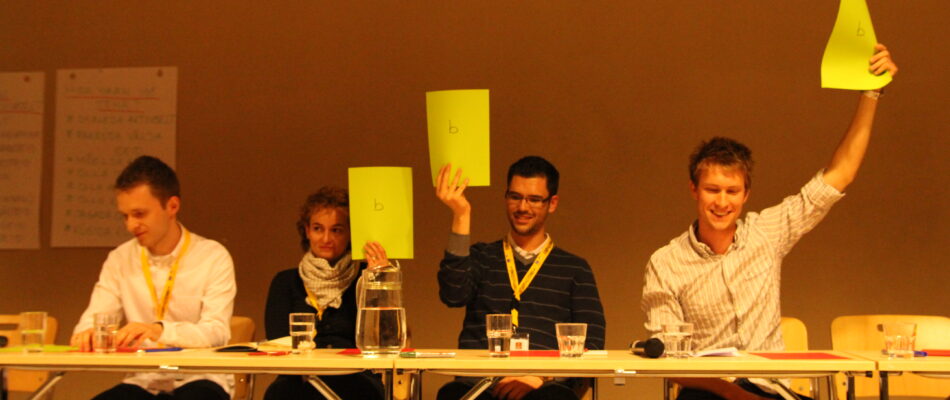
Tracking of students and graduates in the Information Age
COPENHAGEN – European University Association (EUA) hosted a conference on 5-6 June in Copenhagen on “Tracking the Higher Education Student Lifecycle”, presenting first outcomes of the TRACKIT project. ESU Chairperson Allan Päll attended the event and writes about his thoughts below.
It surely is the information age that drives institutions, but sometimes also government bodies, to use different ways of collecting information about and from students and graduates, to monitor their performance as an institution and to (perhaps) improve it.
EUA has defined tracking to be not just passive, but involving follow-up activities to the collection of the information like making improvements in curricula, teaching or provision of essential support services. EUA also reported that currently tracking is very much an institutional issue and only in a number of countries would the system allow for such activities nationally.
One good example is that in a number of countries students not finishing in one institution, but continuing studies in a different one in the same system, would still be counted as drop outs, although they just decided to change where they study. Tracking is also useful to monitor potential barriers to progression, especially when comparing to the socio-economic or cultural background of students, allowing to undercover the less explicit reasons for drop-outs or poor academic performance of students.
Tracking can become a good tool towards preventing discrimination or can avoid building a culture in the institution in which certain groups would be of disadvantage just due to their background. Considering that our higher education needs to become more student-centred to be able to respond better to the changes in society and economy, tracking is a potential tool that higher education institutions can use to improve management and tailor it better for the needs of the learners.
In connection with the latter, tracking of graduates offers also a new perspective to the institution in terms of which career paths alumni have followed. They can also provide valuable feedback to the institution about the usefulness and relevance of the educational process – allowing to better measure and define employability as well.
But tracking is nothing new in this, it is primarily the context of technological change that offers new possibilities, which is why EUA is trying to initiate a welcomed debate on how to structure it better also internationally – could there be an European tracking initiative. Surely for benchmarking and comparability, this would also be useful.
Little engagement of students
One main issue remains; the conference discussed very little the engagement of students into the system. For example, the changing landscape of understanding privacy and how different national legislation interacts with these activities – or how the new EU Commission proposal for a European regulation affects this.
Further question is how to motivate students to participate in giving information and feedback, especially if the changes would mostly only affect the next generation of students. We are still very far from developing a responsible culture for sustainability in teaching and learning in connection to improvement.
Finally, if to think from the learner perspective, we perhaps should ask what each learner could do to track their own progression, being able to also individually come to conclusions where improvement might be necessary.
Indeed, we ought not to strive towards a “Big Brother” mentality of a tracking system, but we should empower individuals to engage and develop themselves as well, not just provide some anonymous data for aggregated conclusions and policy based on averages.”
Event website:
http://www.eua.be/events/trackit-copenhagen.aspx
Project website:
